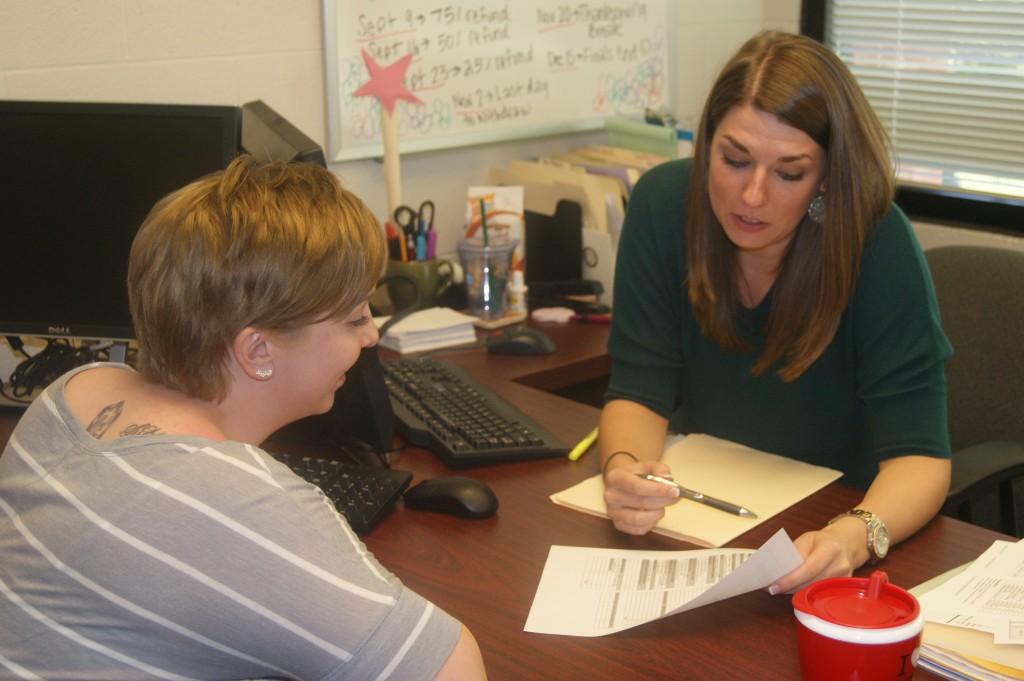
IUS faculty have implemented a new program, FLAGS, in order to help students stay on the track to graduate and, more importantly, to keep them in school.
FLAGS stands for “Fostering Learning, Achievement, and Graduation Success.” Faculty now has the ability within their student roster to make note of a student’s attendance. They can also note how regularly they participate and to show if the student has suddenly started slipping academically.
The reason for this new program is due to the elimination of the mid-term grade.
“Mid-term grades came too late within the semester in order to get students the help they needed,” Greg Roberts, academic adviser for the School of Arts and Letters, said.
The FLAGS program begins within the first two weeks of the semester. If a student is consistently under-performing, his professor has the ability to mark or “flag” these trends.
Whether students are not attending class regularly, or not turning in their homework, the professor will take note of this, and it is up to the professor’s discretion on what action to take to solve the problem.
“There are many solutions to the problem, and we want to use the best one in order to help each specific student,” Roberts said.
A FLAGS report is sent out during the second through the sixth and ninth week of school.
By the sixth week, if a student is still falling off track, that is when action is taken first. They may be directed to receive help from one of the labs on campus, such as the Writing, Science or Math Labs. They could also be told to meet with their adviser.
Once the student is flagged, the adviser will be notified and will call and e-mail the student, letting him know of the circumstance.
If the adviser does not receive any sort of response from the student, a letter will be sent to him. After nine weeks, if the student continues with this trend, he may lose his financial aid and potentially have to start paying it back.
“While this program isn’t mandatory, it is highly recommended,” Roberts said.
IU Southeast started this program for students who struggle with school.
“Many students may not be aware of the many resources we have on campus, such as the Writing Help Center, which may be all they need to help them succeed in a specific class,” Roberts said.
Before the e-mail is received, the student can check his academic progress on OneStart.
In order to access this information, students can go to OneStart, select the Student Services page and choose the Student Center link. From there, students should select My Academics and Grades link.
While the program is not a grading program system, it is here to alert advisers to when a student may be falling off track, so they can issue the help the student may need. If the student has been flagged by multiple faculty members, a face-to-face intervention with the student may be scheduled. In order to avoid being flagged, students should show up to class regularly and participate.
“It’s called the-butt-in-the-seat rule,” Roberts said. “So long as you have your butt in your class seat, you should be all right.”
Kari Faustyn, a criminal justice senior, said she agrees with a lot of the policies the FLAGS program holds.
“Before FLAGS, there were a lot of students who were very unaware of how their academic progress could hinder their financial aid,” Faustyn said. “Now, students will be able to get notified early enough to know when they’re in danger of losing that financial aid.”
By GAIL FAUSTYN
Staff
gfaustyn@ius.edu


